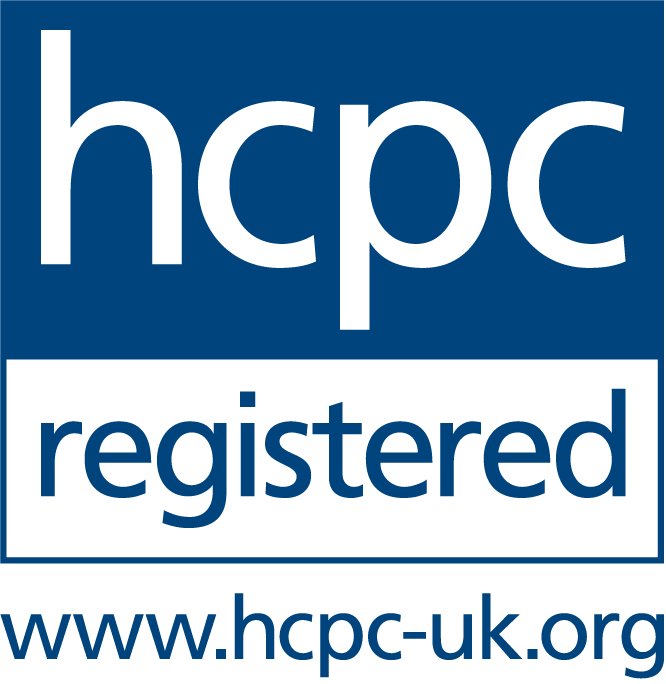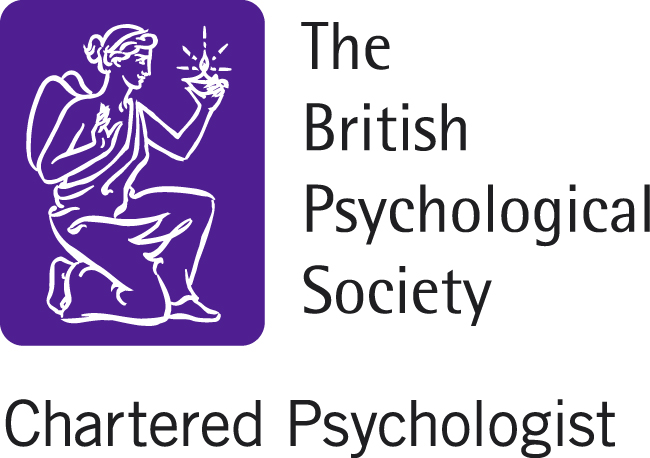Recognising the Signs of OCD in Teenagers: A Guide for Parents
Teenage years can be a whirlwind of emotions, growth, and self-discovery. It’s a time when your child is navigating significant changes in their body, mind, and environment. For some teenagers, these years may also bring the onset or intensification of mental health challenges, such as Obsessive-Compulsive Disorder (OCD). As a parent, it can be challenging to distinguish between typical teenage behaviours and signs of a deeper issue like OCD.
Understanding how OCD manifests in teens, recognising its symptoms, and knowing how to approach your child compassionately are crucial steps in ensuring they get the support they need.
What Is OCD?
OCD is a mental health condition that affects people of all ages, including teenagers. It is characterised by:
- Obsessions: Persistent, unwanted thoughts, images, or urges that are intrusive and cause significant distress.
- Compulsions: Repetitive behaviours or mental acts performed to alleviate the anxiety caused by obsessions.
For teens, OCD can be particularly distressing. They are often more aware of how their behaviours differ from those of their peers, and they may go to great lengths to hide their symptoms out of embarrassment or fear of being judged. This can make it more challenging for parents to identify the signs and provide support.
Why Teens with OCD May Struggle in Silence
Adolescence is a time of heightened self-consciousness, making many teens reluctant to share their struggles with parents or friends. A teenager with OCD might feel ashamed or fear that others will perceive them as “weird” or “broken.” They may also believe that their intrusive thoughts or compulsions are too embarrassing to explain. Learning to spot the signs of OCD and opening up supportive conversations is essential.
Signs of OCD in Teenagers
Some signs to look out for include:
1. Overwhelming Need for Reassurance
Teens with OCD may constantly seek reassurance about their fears or doubts. This might look like:
- Asking repeatedly if they’ve hurt someone’s feelings.
- Worrying obsessively about their health or the safety of loved ones.
- Asking questions like, “Are you sure nothing bad will happen?” or “Do you think I’m a bad person for thinking this?”
2. Time-Consuming Rituals
Compulsions may take up a significant amount of time in your teen’s day. For example:
- Spending hours washing their hands, showering, or cleaning personal items.
- Rewriting homework repeatedly until it feels “perfect.”
- Counting, tapping, or repeating certain actions to feel “just right.”
3. Avoidance of Triggers
Your teen may avoid specific situations, objects, or people that trigger their obsessions. For example:
- Refusing to use public toilets or touch communal items like door handles.
- Avoiding social situations due to fears of saying or doing something embarrassing.
- Steering clear of using knives due to fears of harming others.
4. Perfectionism Beyond Typical Teen Tendencies
While it’s common for teens to strive for success, OCD-related perfectionism goes beyond usual academic or personal goals. Your teen may constantly strive for a feeling that something is "just right" but never feel it is. Signs might include:
- Spending an excessive amount of time on assignments, rewriting or editing them obsessively.
- Avoiding creative activities, like art or writing, out of fear of not doing them perfectly.
- Becoming extremely upset over minor mistakes.
5. Intrusive Thoughts
Your teen may express—or try to suppress—distressing thoughts that seem irrational. These could include:
- Fear of accidentally harming someone, even when they’ve done nothing wrong.
- Worries about being contaminated or “dirty.”
- Thoughts that feel morally wrong, such as doubts about their intentions.
6. Emotional Outbursts or Withdrawal
If your teen is struggling with OCD, they may experience heightened emotional sensitivity, leading to:
- Outbursts of frustration or anger if their rituals are interrupted.
- Tearfulness or guilt over their intrusive thoughts.
- Withdrawal from family, friends, or activities they previously enjoyed.
7. Academic and Social Challenges
OCD can interfere with your teen’s ability to function in school and social settings. You might notice:
- Declining grades due to rituals that consume their time or energy.
- Reluctance to participate in group activities or events.
- Isolation from peers because they feel “different” or fear judgment.
How OCD Differs from Typical Teen Behaviour
It’s important to differentiate between normal teenage behaviours and potential signs of OCD:
- Normal Behaviours: Teenagers often experiment with self-expression, may be striving for their ambitions and sometimes seek reassurance. These behaviours are typically temporary and don’t significantly disrupt their lives.
- OCD Symptoms: OCD behaviours are persistent, driven by anxiety, and interfere with daily functioning, relationships, or emotional well-being.
How to Approach Your Teen
If you suspect your teen may have OCD, approaching the topic with understanding and compassion is crucial. Here’s how you can open up a supportive conversation:
1. Create a Safe Environment
Let your teen know that you’re there to listen without judgment. Use language that shows empathy, such as:
- “I’ve noticed you’ve been feeling anxious about some things. I want to help if I can.”
- “It seems like you’ve been spending a lot of time on certain routines. Is something worrying you?”
2. Be Patient and Open-Ended
Your teen might be hesitant to talk initially. Ask gentle, open-ended questions, like:
- “What’s been on your mind lately?”
- “Do you ever feel like your thoughts are hard to control?” Avoid pressuring them to share more than they’re ready to.
3. Avoid Minimising Their Feelings
Statements like “You don’t need to worry about that” or “Just stop doing that” can invalidate your teen’s struggles. Instead, acknowledge their feelings and offer reassurance and hope:
- “I know this feels overwhelming right now, but you’re not alone. We’ll figure this out together.”
When to Seek Professional Help
If OCD is interfering with your teen’s daily life, relationships, or well-being, it’s time to seek help from a professional. Signs that intervention is necessary include:
- Their rituals or fears are consuming hours of their day.
- They are avoiding school, social activities, or family interactions.
- They seem consistently distressed or withdrawn.
A mental health professional can provide a proper diagnosis and recommend treatment. The most effective approaches for OCD include:
- Cognitive Behavioural Therapy (CBT): Specifically, Exposure and Response Prevention (ERP) helps teens confront their fears and resist compulsive behaviours in a safe, gradual way.
- Medication: In some cases, medication such as selective serotonin reuptake inhibitors (SSRIs) may be prescribed to help manage symptoms.
How Parents Can Support Their Teen
-
Educate Yourself: Learn about OCD to better understand what your teen is going through. This will help you provide informed, empathetic support.
-
Be a Source of Stability: OCD can make your teen feel like their world is spiralling out of control. Provide consistency, patience, and reassurance.
-
Avoid Accommodating Rituals: While it’s tempting to help your teen complete rituals to ease their anxiety, this can reinforce OCD behaviours. Instead, encourage them to work on coping strategies learned in therapy.
-
Celebrate Progress: Recovery is a journey. Celebrate small victories, such as resisting a compulsion or sharing their feelings.
A Message of Hope
OCD can feel overwhelming for teenagers and their families, but it is treatable. With early intervention, understanding, and appropriate support, your teen can learn to manage their symptoms and lead a fulfilling life.
As a parent, your compassion, patience, and advocacy are powerful tools in your teen’s recovery. By recognising the signs of OCD and seeking help, you’re taking an important step in ensuring your child’s mental health and well-being. Together, you can face OCD with resilience and hope for a brighter future.





